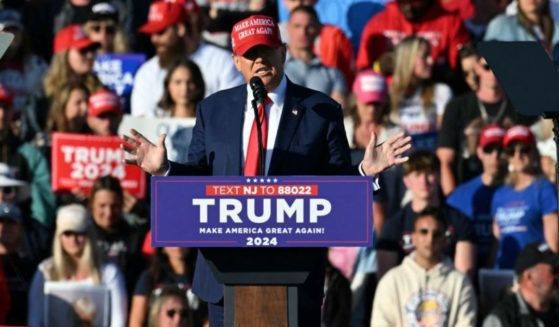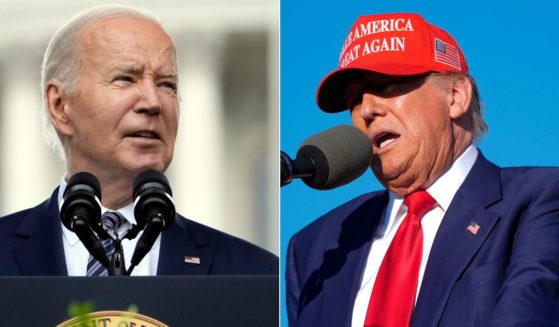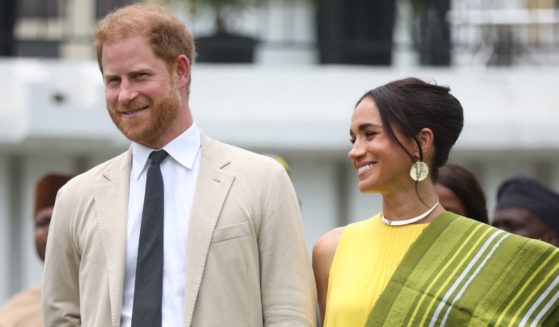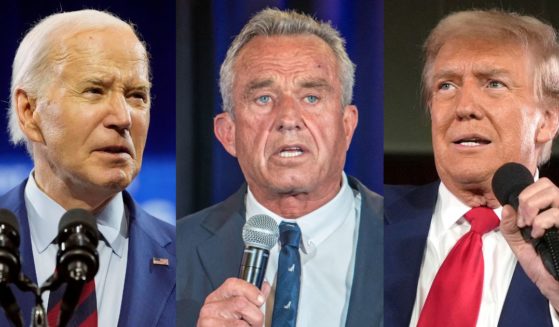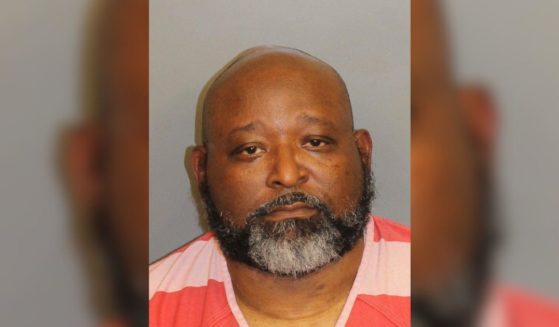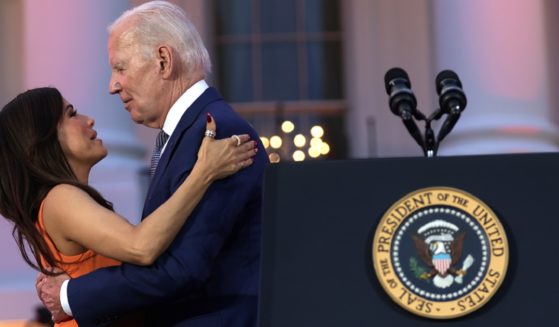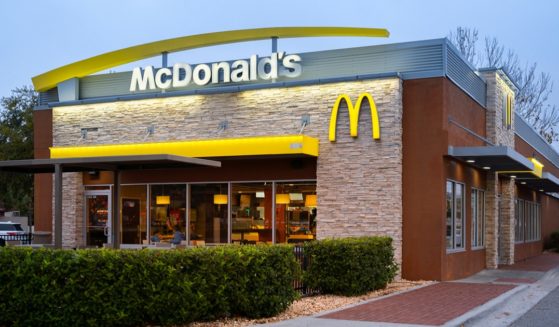Budweiser's New Can Design Makes Customers Distance Themselves Further from Brand
Like Bud Light, Budweiser beer has been suffering from the massive boycott over the disastrous partnership with transgender TikTok influencer Dylan Mulvaney, and it is clear the company can still do no right with the backlash it is facing since the release of its new camo can in honor of our beloved veterans.
Of course, Bud Light has crashed and burned with no end in sight to the fallout after teaming up with transgender personality Mulvaney early this year.
The Mulvaney partnership sparked a boycott by furious customers that put serious pressure on Bud Light and sent parent company Anheuser-Busch into a panic. Two executives were “put on leave,” and later it was discovered they had been fired.
Because it is also owned by Anheuser-Busch InBev, the boycott of Bud Light spilled over to Budweiser, as well. Most recently, Budweiser was chagrinned when its beer tent at the famed Sturgis motorcycle rally weekend could not seem to draw many customers. Social media users were amazed that the tent was constantly nearly empty.
Before the Mulvaney fiasco, Budweiser products were top sellers in the beer market, and Bud Light was number one. But since the boycott, that popularity has cratered.
This week, in an attempt to win back customers, Budweiser tried to show its support for our veterans.
“New can, same support for our nation’s veterans. Our camo cans are now available nationwide,” Budweiser tweeted on Monday.
New can, same support for our nation’s veterans. Our camo cans are now available nationwide. pic.twitter.com/X6fv9pUIUx
— Budweiser (@budweiserusa) August 14, 2023
Budweiser has been helping raise money for Folds of Honor for 13 years, so the camo can marketing is not a new idea, for sure. Folds of Honor helps put the children and spouses of our fallen military service members and disabled veterans through college with scholarship awards.
Despite the years of work for our veterans, though, the boycott sent beer fans to social media to blast Budweiser for trying to “buy” their way back to popularity by cozying up to the military.
As a veteran, attempting to buy your way out of the bad decisions you have made… makes me distance myself even further from your brand.
— Final Cut MI🇺🇲 (@Mlantgios) August 14, 2023
Budweiser is dead to us beer drinkers.
— Andrew (@Andrew27821446) August 14, 2023
Sorry Bud. You can’t ride the coattails of our veterans to a successful whitewashing of your marketing fiasco and subsequent failure to own up to it.
Our brave service members didn’t hide behind others. You can’t hide behind them. So…make mine a Yuengling! #GoWokeGoBroke 🇺🇸 pic.twitter.com/SrHXk9oupq
— Rich Muny 🇺🇸 (@RichMuny) August 14, 2023
Nope
— The Investigative Examiners (@TruthorConseq12) August 14, 2023
Funny cuz I’ll never see them in my fridge.
— Abednego (@Abednego3000) August 15, 2023
And I’m blocked. That’s a great way to win back customers.
Just apologize. The whole world knows you screwed up. Business students will literally use you as a case study in marketing class of what not to do. Just admit your mistake. pic.twitter.com/DouGbvti1l
— The Pudy Tat (@ThePudyTat) August 14, 2023
Would have been a power move if it was BBD (Budweiser Before Dylan). Now it just look like you are trying too hard to get the consumers back that you yourself said you were trying to get away from… too fratty?
— The Prince (@SVMovingOn) August 14, 2023
Whether sincere or not, Budweiser and Bud Light have collapsed to the point where everything they do is suspect to millions of beer drinkers, and it seems likely that they may never recover from this meteoric fall from grace. Indeed, it is so bad that last week Anheuser-Busch InBev had to sell off eight beer brands to try and stem its financial bleeding.
But the Mulvaney fiasco and the resulting boycott were useful for one important thing: It proved that boycotts can be effective for traditional Americans, and not just leftists, and it shows that we have the power to hold these ultra-woke companies to account for pushing their left-wing, anti-American agenda.
Truth and Accuracy
We are committed to truth and accuracy in all of our journalism. Read our editorial standards.




